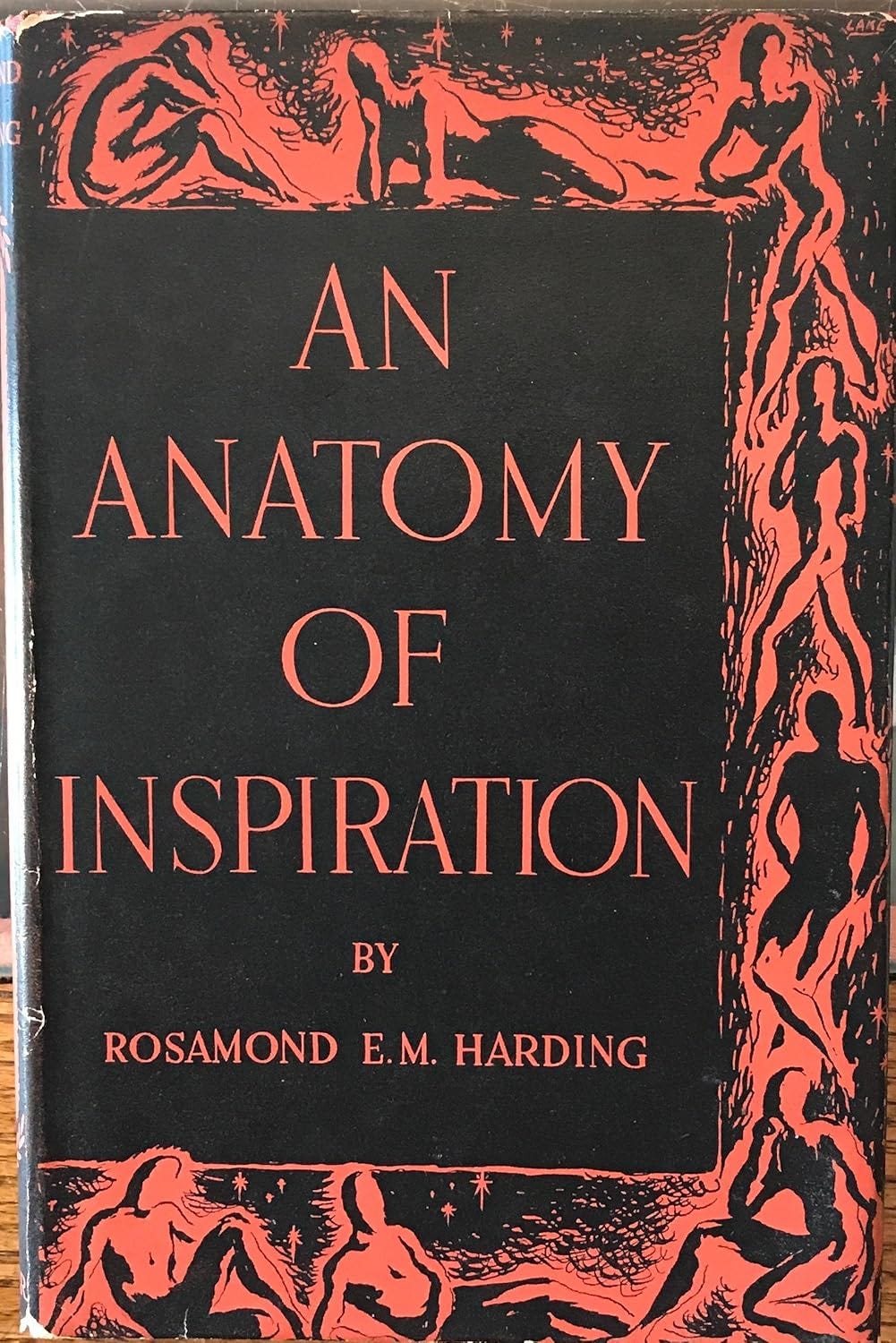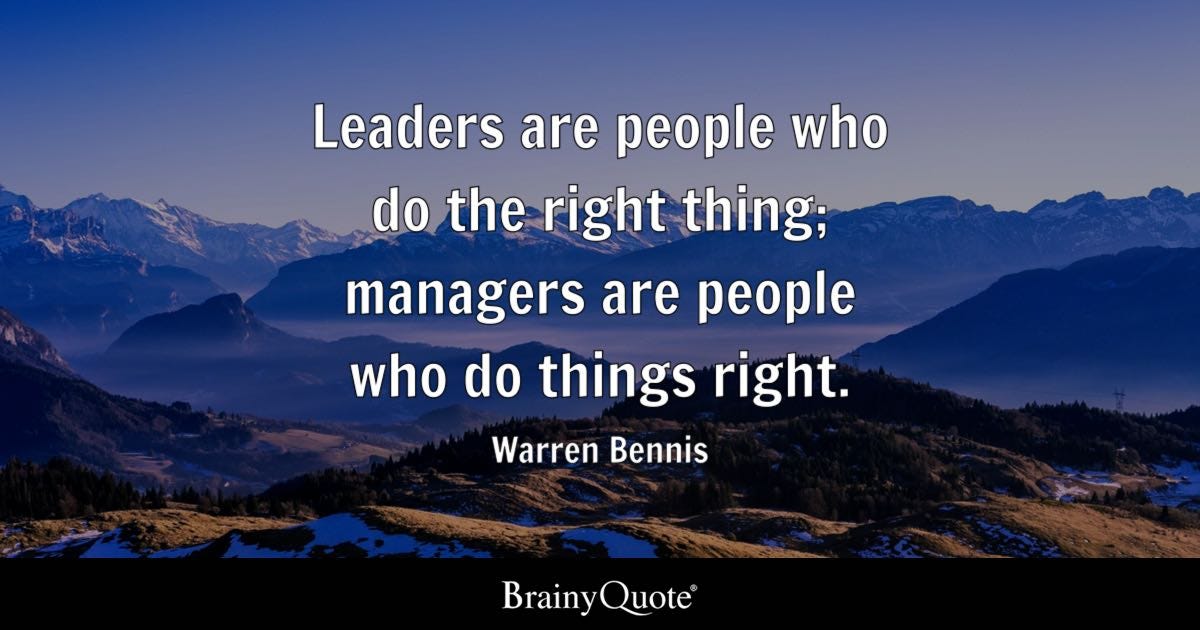Hello Dear,
I am happy to be back with another article of this #NotJust newsletter we call One Doubt Please, after a gap of around 25 days. I am wondering whether my publishing schedule can be used to make inferences about the variations in my levels of inspiration over the periods in question. It appears that there is a bidirectional relationship between writing - or any fruitful activity in which we find joy and meaning - and inspiration. The more inspired we are, the more likely we are to engage in such activities. And the more we engage in such activities, the more inspired we are likely to become. What say?
By the way, talking about inspiration, I am happy to share with you a book which I have rediscovered just now: An Anatomy of Inspiration, a 1942 book by Rosamund E. M. Harding. [I must add that I am yet to either read it or purchase a copy.] More on this book here.
Here is another thought about inspiration, which I would like to share with you.
The greatest resource for our social institutions is the inspiration of our people.
We have discussed this in the following One Doubt Please article.
Are We Really Short of Resources?
Reflections on seeing our resources for what they are and can be, and on tapping into them
There is a lot more which can and must be said about inspiration; let me leave this for other days, lest we never get around to discussing what I have set out to write about.
So, coming to our subject for today, which I think is, once again, a simple idea.
Many ideas which we treasure have been within us for a long time. It is as if they have become a part of us. However, they may lie dormant and unexpressed, even unmanifested, even though they have become a part of us, and often precisely because they have become embedded within us. They become too natural to be visible and taken notice of. Until when something happens which inspires us to give explicit expression to the idea.
Likewise, this particular idea too has been within me for many years now. For instance, I remember talking about it in 2014 or so. However, yes, it has not quite been dormant. I think the idea has resonated in quite a few of #NotJust my articles in this newsletter. Either way, something happened today, which has given me the inspirational fodder to dedicate one article to this idea.
So, here is what happened. Two of our departments together held a training session for our officers / civil servants. It should not surprise anyone to hear that the training session was on Artificial Intelligence. Indeed, AI has become so popular of late, that it seems quite unnecessary, even artificial, to use the term “Artificial Intelligence”. 😊 It seems that the natural way to speak about Artificial Intelligence is to just say AI. Well, speaking of speaking of AI, here is a glossary on AI, brought to us by the UK Parliament.
Ok, so coming back, some of my colleagues have been speaking appreciatively of the training, stating that the key takeaway from the session is the need for our profession to reorient itself to new realities. Another observation someone made is that it was great that everyone irrespective of their rank or seniority were brought together to learn the same skills.
Yes, it seems to be a widely held opinion that AI is or will be the biggest disruptor across a wide variety of professions and industries, or even for every profession or industry. Is this opinion really widely held? And is this prediction really valid? I am not so sure. I do not know enough to either subscribe to or dismiss this opinion. But yes, I do believe that one should be a keen observer of this space and examine what and how one needs to learn, and why.
And yes, I fully agree with this too, that almost every profession would have almost a continual need for reorientation, reinvention and / or rediscovery. However, the question we need to ask is: what exactly do we mean by reorientation? What do we believe we need to reorient towards? Why do we need to reorient?
The question of the meaning and purpose of reorientation - i.e., its essence, direction and purpose - brings us to the other observation made regarding the training session: how it was great that everyone was brought under the same roof to learn the same skills. Yes, in an inherently bureaucratic and highly hierarchical organization, people coming together to learn the same skills could be an intellectual and psychological leveller of sorts, inviting everyone to shed their egos and embrace the need to learn and grow, from the world and from each other.
However, there is a key question which remains unaddressed here too. A question - quite like the one on reorientation - which is both philosophical and practical. [By the way, it is interesting to note that there is a branch of philosophy called practical philosophy.]
My concern is: what are we learning these skills for? How important are these skills? One colleague with whom I checked briefly told me that the training session was useful. It was clear that he attributed the usefulness to the exposure the session gave regarding certain skills cum knowledge. The question is, how relevant are these skills, or this knowledge? How much do these skills really matter?
Putting together the questions of reorientation and skills: how much would these skills help us reorient, and how much and in what way would these skills and this reorientation help us change our profession, and we ourselves as professionals?
Here is my judgement of the situation, based on my observations and analysis of such discussions so far. The focus of many such projects or deliberations or “brainstorming” sessions is to improve the efficiency of various organizational processes. That is, to do what we do more efficiently, “smartly”, “using technology”, to reduce delays, or other kinds of costs, to “do more with less”, and so on. Sure, there is no denying that resources are precious; hence, actions which help reduce resource consumption should - normally - be welcome and welcomed. Right?
Well, it turns out that the answer is: not necessarily. In other words: it depends.
It will be clear if we consider - hypothetically - that the organization we are talking about is a mafia gang. Now, would it be a good idea to make the operations of this organization more efficient and “smart”, using “digital technologies” and one of its avatars such as AI?
I think by now, you would have almost understood the point I am driving at. Skills are important, no doubt; but it has been my long-held contention that they are highly overrated. For one, it is more important to be able to learn new skills, than it is to merely possess some skills without being able or willing to learn. Truly, learning is one of the meta-skills that we all need. This not to say that skills and knowledge are not important; it is to say that both knowledge and ignorance are important, and more so that it is curiosity which is more important than knowledge, as we have argued in the following One Doubt Please article.
Why Curiosity is More Important than Knowledge
Reflections on how and why our awareness of our infinite ignorance and the desire to learn is more important than our finite knowledge
The second reason why I believe skills are overrated is because we often tend to focus on the wrong set of skills. Come to think of it, there is bound to be some degree of imprecision at any given point of time, in what we believe are the right set of skills for a particular job or profession. This has to be so, given the pace and nature of change in our VUCA world: it is a moving target, and we are almost sure to be off the mark to at least some extent almost all the time. Well, leaving aside all this mathematics or physics, many organizations and the people in them often are too preoccupied or uninterested to be able and willing to patiently examine what skills their people and their profession need. So, the skill gap - the variance between the ideal and the real - is likely to be much worse. What say?
What we are saying hence is that skills are important, but that they are overrated. What hence is truly or most important? It is my humble and firmly held belief that it is values which are of the most enduring importance. Yes…
What we need is #NotJust skills. It is not skills, but values, which are the most important.
While skills and aptitude dictate our ability to do something, it is values which influence and determine whether we would judge it to be worth doing in the first place. And whether we would do it, and how. Hence, values drive us to question what we do and do not do, what we should and should not do, and why. They help us find and create more enduring meaning in what we do. And in so doing, they also help shape who we are and become - both individually and collectively; both as professionals and as a profession, and hence as a society and community as well.
Coming back to our earlier discussion on the undue focus on efficiency, it is values which lead us to give attention to #NotJust efficiency, but effectiveness as well. To #NotJust whether we are doing things right, but also to whether we are doing the right things.
Leaders are people who do the right thing; managers are people who do things right. - Warren Bennis
No, I do not mean to say or imply that values are cast in stone, or that we do not need to review and update our values and value systems in line with the winds of change. Indeed, we need to. However, I do believe that the much more important - and hence relevant - question for any profession must be its moral and ethical compass, rather than its repertoire of skills. Yes, a deficit in skills has ethical and moral implications as well - and hence can very well be said to be an unjust and unethical state of affairs, since the skill gap affects the ability of the profession to provide the services it must provide. However, I would regard it as a much more dangerous and harmful state of affairs, to possess skills but to lack the goodness and wisdom to put those skills to the right use, for the right purposes. That to me is a more serious case of moral bankruptcy.
Hence, we need both skills and values.
It is #NotJust skills; we need values to put the know-how embedded in the skills to the right uses or know-why. Also, it is #NotJust values; we need skills to translate the know-why or sense of purpose embedded in the values to the right uses or know-how.
In this sense, skills and values are symbiotic, and must be treated as such. To focus on one, to the exclusion of the other, is unwise and dangerous. And between the two, I would give the greater importance to values. Mainly because skills without values is #JustNot useless, but is and can be quite harmful as well. And even if we have a situation of values without skills, in most cases, having the right values itself will pave the way or lead the path towards acquisition of skills as well.
Incidentally, I found that a similar argument has been expressed by Sam Altman, the CEO of OpenAI. Hire for values first, aptitude second, and skills third, he says.
[More: How to hire, by Sam Altman]
Well, there we go; that is the simple idea which I wanted to share with you today. Let us close on a rather contrarian note, shall we?
We have been saying that values are more important than skills, especiallly when it comes to ethical and moral (rather than cultural) values. However, here is a potentially very interesting question.
Could it be that values too are skills, after all? Especially ethical and moral values?
In one sense, yes, right? As we have discussed in this One Doubt Please article:
Our moral compass too is like a muscle: it grows with use, withers with disuse and deteriorates with abuse.
I am happy to note that this is one line which struck a special chord with one of my colleagues, who said that “We need to put this on the wall”.😊
Fine then, that is it for today, hope to be back again soon, thank you for your kind attention!








